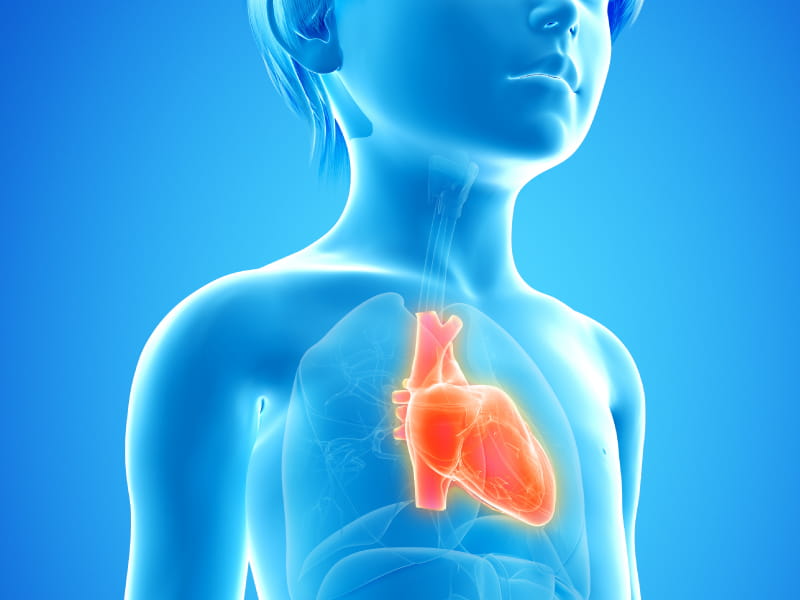When the Cure Represents Another Threat
"...We can't eliminate use of these [cardio-toxic] treatments completely because they are needed to cure cancer."
"While anthracycline chemotherapy may induce heart disease, many patients require these treatments to survive."
"[It's important to] make sure survivors and their doctors are aware of the risks and [know] what to look out for."
"The close connections between lifestyle, metabolic disorders and cardiac disease warrant careful follow-up and monitoring of the childhood cancer survivor population."
Dr.Paul Nathan, professor of pediatrics and health policy, management and evaluation, University of Toronto
"There are half a million childhood cancer survivors in the U.S. and that number continues to grow as treatments get better."
"[The good news is that this is] something we can actually affect."
Dr.Kirsten Rose-Felker, pediatric cardiologist, UPMC Children's Hospital of Pittsburgh
 |
| Heart Failure in children and adolescents, American Heart Association |
Research is now pointing in the direction of suspected survivors of childhood cancer future risks for heart problems associated with the treatment protocols -- a problem already in the realm of medical knowledge -- is actually far more urgent than suspected. A new study of over 43,000 children led Canadian researchers to the insight that young cancer survivors in actual fact have up to a three-fold increased risk of developing other cardiovascular problems, according to the report published in Circulation.
Study co-author, staff oncologist at The Hospital for Sick Children Dr. Paul Nathan, stresses that these new conclusions should compel survivors of childhood cancers to focus on identifying and improving risk factors for modifiable heart disease. Particular attention must be paid to high blood pressure and diabetes until the evolution of cancer treatments lead to less toxic treatments to the heart. Dr. Nathan points out that the newly-identified increased risk should ensure that survivors of childhood cancer be regularly screened to identify at an early stage symptoms of heart disease.
Dr. Nathan and his research colleagues made use of a cancer registry named the Pediatric Oncology Group of Ontario Network Information System to enable them to closer scrutinize the impact of childhood cancer therapies on the heart. Health data from the general public collected by The Institute for Clinical Evaluative Sciences was also made use of.
The focus was on the 7,289 cancer survivors diagnosed before the age of 18 who were treated between 1987 and 2010 at a pediatric cancer centre, and who survived for at least five years, where the study was designed for each of those survivors to be matched in age, gender and postal code to five cancer-free people from the general public; a total of over 36,000 individuals representing the control group.
For over a decade, 50 percent of the patients were tracked and during followup 203 survivors representing 2.8 percent of the total experienced one or more cardiac events, in comparison to 331 such events that the control group experienced (0.9 percent). It was discovered that even at relatively young ages, cancer survivors ended with a three-fold increased risk for any type of heart event; as great as a ten-fold increased risk for heart failure compared to their peers, once the researchers analyzed their data.
According to Dr.Kirsten Rose-Felker of the Children's Hospital of Pittsburgh, many pediatric cancer centres follow survivors of childhood cancers for possible heart damage. A protocol based on previous knowledge of links between the drugs used to battle childhood cancers, and their deleterious effects on the heart. The difference being that this new study establishes that those heart risks are even greater than what had been perceived, making the urgency of follow-up and swift remedial action more acutely required.
 |
| (Sebastian Kaulitzki, Adobe Stock) |
Labels: Chemotherapy, Childhood Cancer, Health, Heart Disease, Medicine, Research

0 Comments:
Post a Comment
<< Home